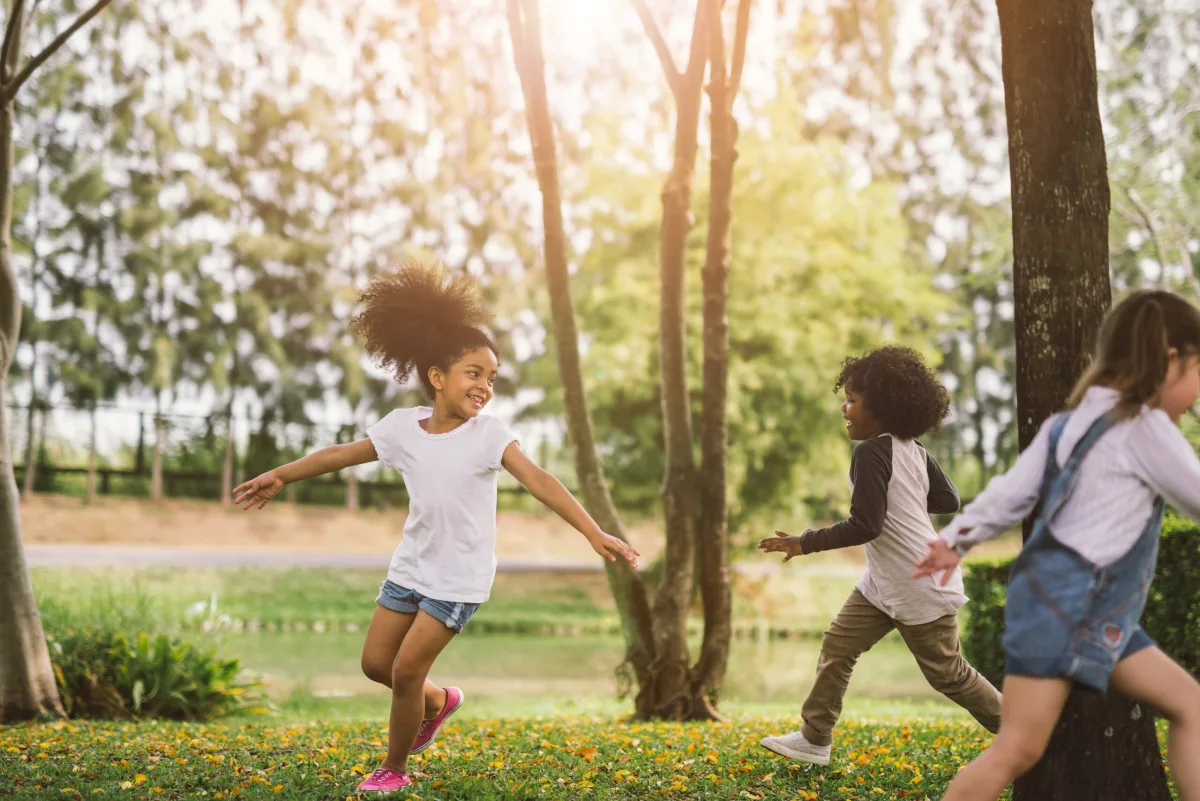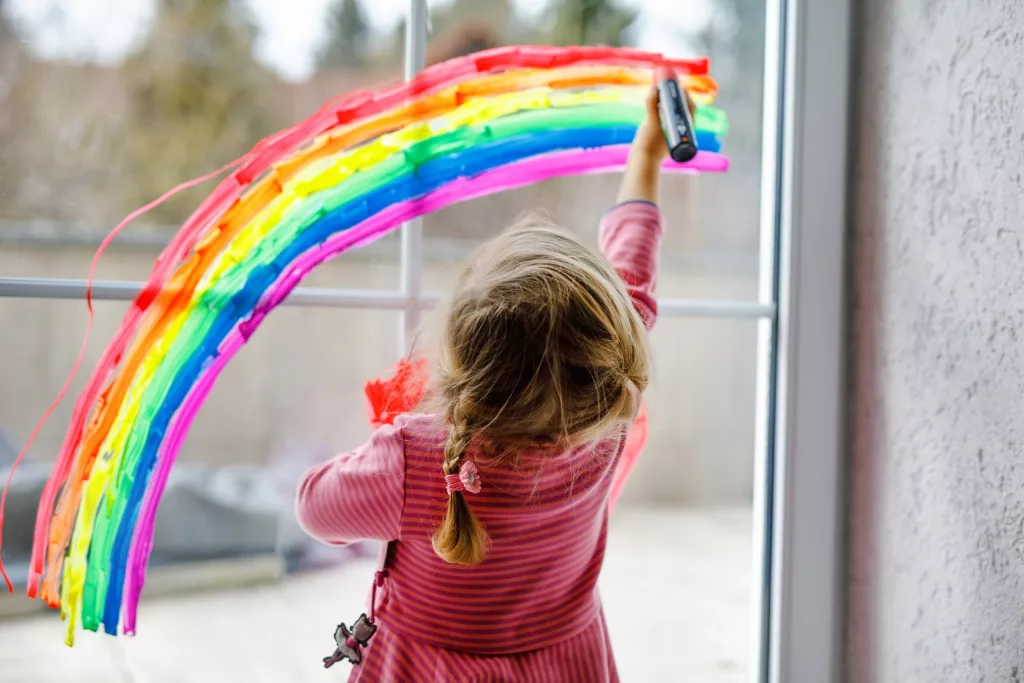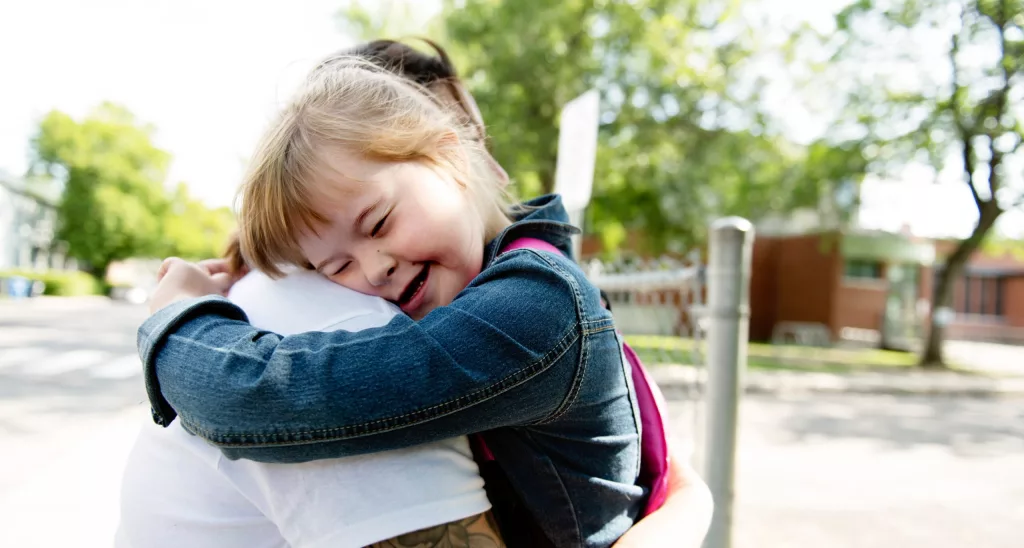23/11/2022
At COP27, after almost three decades of debate, the richest countries also agreed to create a fund to help the most vulnerable nations
COP27, the 27th United Nations Conference on Climate Change, reached its conclusion last Sunday (20). Among the positive points of the edition are the advances in relation to the inclusion of children and adolescents as agents against climate change. That is, they must also be included in the design and implementation of actions.
After almost three decades of debate, the richest countries also agreed to create a fund to help the most vulnerable nations. The COP27 outcome also encourages all member states to include youth representatives (children and youth) and negotiators in their national delegations, and invites future presidencies to continue nominate a youth envoy, in addition to host a Pavilion for Children and Youth, as in 2022.
Attending the event, Pedro Hartung, director of Policies and Children’s Rights at Alana, reckons “it was an important COP for children and their rights. In addition to the creation of the Loss and Damage Fund, which will positively impact children and their families and communities in poor countries of the Global South, children, girls and young people were contemplated in several decisions, showing that children are not only future generations, they are already bearing the dramatic brunt of the climate crisis. Droughts and lack of food, floods and the need to migrate and all other violence resulting from extreme weather events are already part of childhood everyday life. So we need to bring the future now into the present, protecting children and their rights through climate policy and action. And that is what these decisions at COP27 are helping to do, compelling nation states to act now.”
Hartung also highlights the participation of children and young people during the conference, as defined by the meeting’s final document. The Children and Youth Pavilion, led by organizations targeting children and teenagers, was a constant hive of activity. In this context, during COP27, among Alana’s actions was the presentation of the #KidsFirst campaign, carried out in partnership with Our Kids’ Climate and Parents for Future. For Alana’s spokesperson, actions like these are important for children to have influence in their own negotiations and to be able to hold their governments accountable.
Results
All representatives present at COP27 agreed to recognize children as agents of change in addressing and responding to climate change, and encouraged governments to include children in the design and implementation of climate-related policies. They represent a third of the global population, and are the ones who suffer most from the impacts of the climate crisis.
This is particularly the case for children who are already struggling to enjoy their rights, such as children from low-income families, those with disabilities, indigenous people, girls and children on the move.
The final text also recognizes the important role of indigenous peoples, local communities, cities and civil society, including youth and children, in addressing and responding to climate change and stresses the urgent need for multi-level action and cooperation to this respect.
“All governments at COP27 formally agreed and recognized children as agents of change in relation to climate change. This was an important step towards achieving climate justice. But, unfortunately, until we do not prioritize the reduction of fossil fuel burning, children – especially those from the Global South – will continue with their future and their rights threatened”, evaluates Laís Fleury, Director of International Relations at the Alana Foundation.




